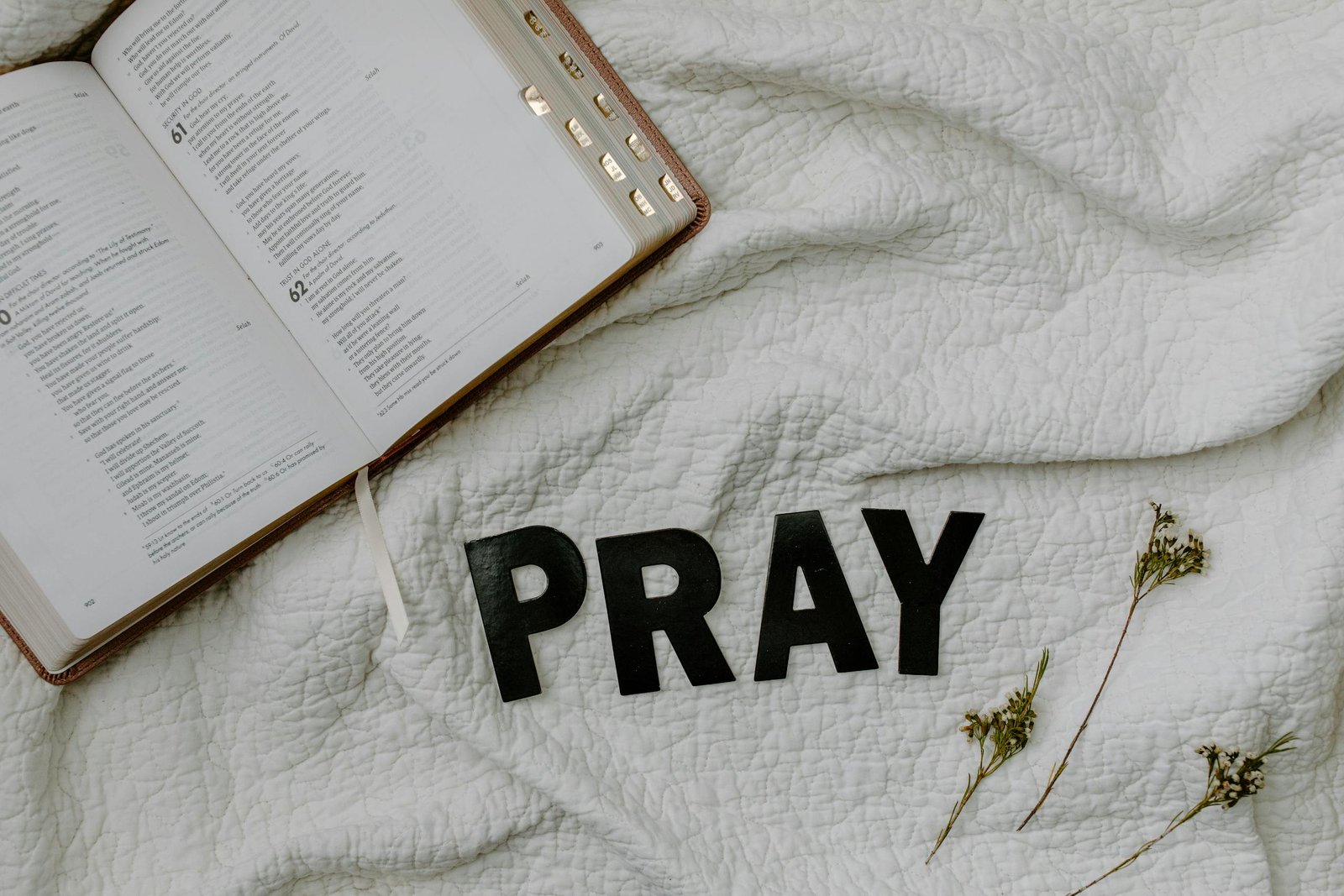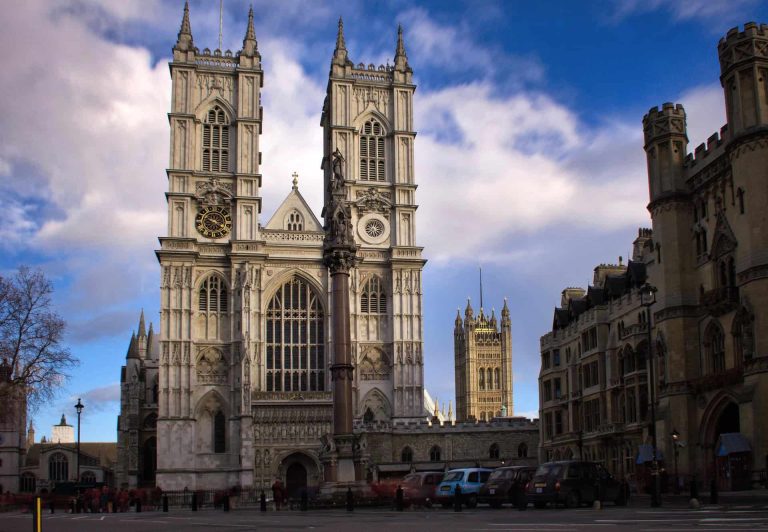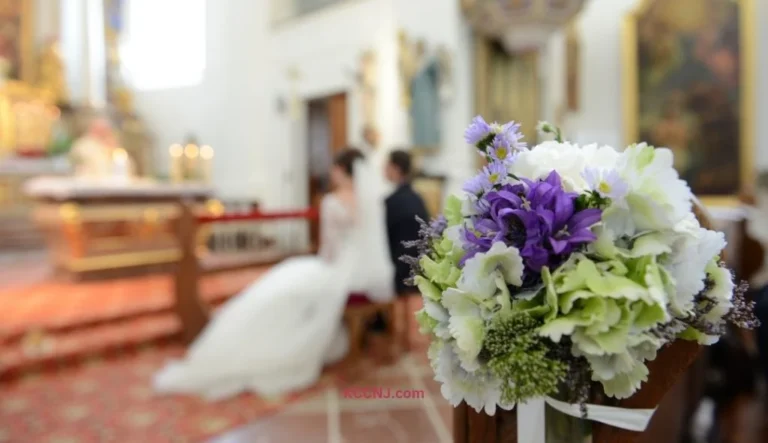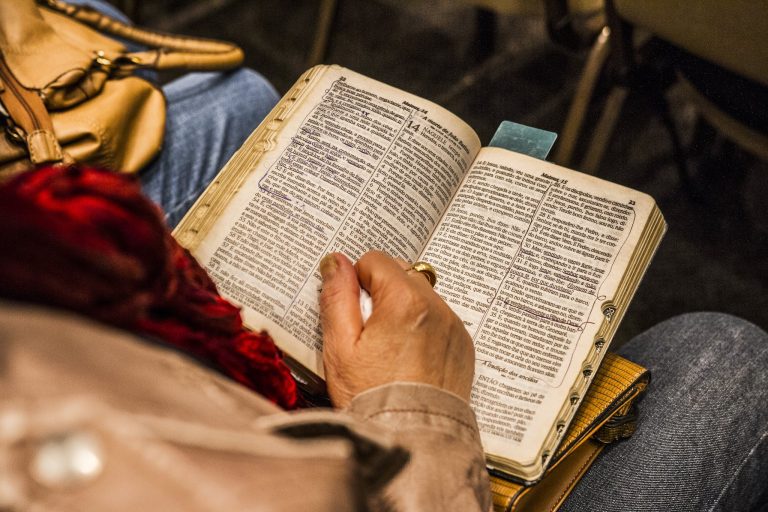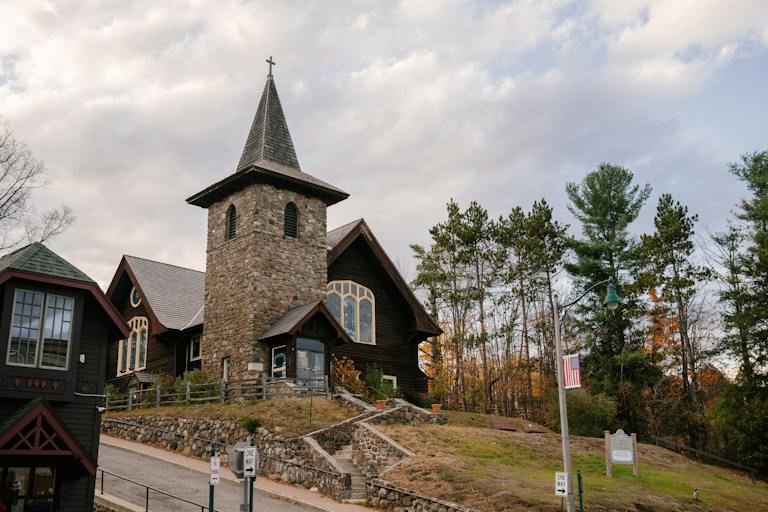What do catholics believe? Complete explanation
As a pastor, I’m often asked, “What exactly do Catholics believe?” It’s a fair question, as Catholic beliefs can seem mysterious or confusing to those outside the faith. At its core, Catholicism is a faith in Jesus Christ, the incarnate Son of God, as well as a belief system with many tenets that guide Catholics in living righteous, purposeful, and moral lives.
In a nutshell, Catholics believe:
- In one God comprised of three divine persons – God the Father, Jesus his Son, and the Holy Spirit. This concept is called the Holy Trinity.
- That Jesus Christ is the divine Son of God who took on human form, was crucified and died for humanity’s sins, rose from the dead, and ascended back into Heaven. His death and resurrection opened the gates of salvation for mankind.
- That the Bible is the holy and divinely inspired word of God.
- That baptism cleanses people of original sin so they may obtain salvation.
- In the Real Presence of Jesus Christ in the Eucharist – that during the Mass, the bread and wine truly become the body and blood of Christ through transubstantiation.
- In the Ten Commandments given to Moses as God’s laws for righteous living.
- In the existence of Heaven as eternal life with God and hell as the consequence of dying in mortal sin without repentance.
- In hope for salvation leading to an eternity in Heaven through God’s mercy, the sacraments of the faith, and living according to Christ’s teachings.
- The importance of prayer, repentance, charity, and forgiveness in obtaining grace from God.
- under the authority and guidance of apostolic tradition, which encompasses the teachings of Jesus as carried out by his apostles and today’s clergy. This includes belief in apostolic succession—an unbroken line from St. Peter to all current bishops and especially the pope.
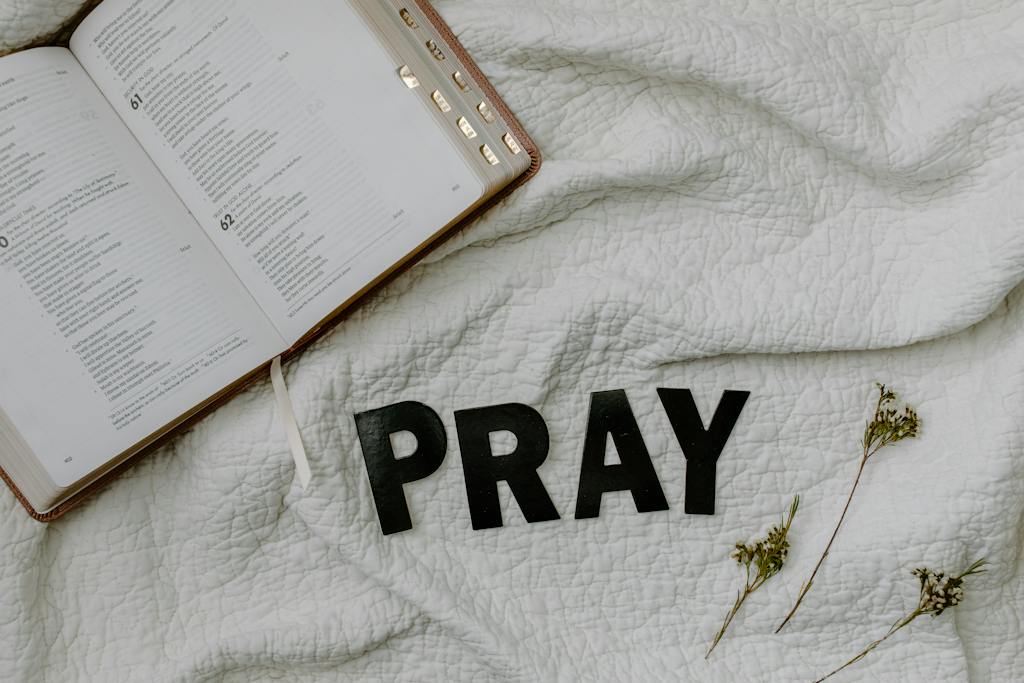
Expounding on some key beliefs:
The Trinity
Catholics believe that God is one but expressed in three coexisting persons: God the Father, Jesus the Son, and the Holy Spirit. Each holds divine status and together embodies the one God. This Trinity shows how God loves (Father), saves (Jesus), and guides (Spirit).
The Divinity of Jesus, central to Catholicism, is the belief that Jesus of Nazareth was and is the Son of God—the divine messiah or savior promised by God to free people from sin. Catholics believe Jesus was conceived by the Holy Spirit, born of the Virgin Mary, preached the coming of God’s kingdom in an incredible ministry across Judea, was crucified under Pontius Pilate in Jerusalem, rose from the dead after three days, appeared to his apostles and disciples, then ascended body and soul back to heaven. His resurrection defeated sin and death and opened the Gates of Heaven for those who follow his teachings.
The Bible
The 46 Jewish-accepted Old Testament books and the 27 New Testament books pertaining to Jesus Christ and early Christianity are both regarded by Catholics as having equal divine inspiration. Together, these scriptures encompass God revealing his will, commandments, saving power through his son Jesus, and visions for the end of earthly time. Guidance from the clergy helps Catholics interpret scripture as they apply biblical teachings to their lives.
Baptism and Salvation
Catholics are baptized soon after birth in a rite using water and the Trinitarian formula, recognizing God the Father, Jesus the Son, and the Holy Spirit. This sacrament of initiation cleanses people of the original sin inherited from Adam and Eve’s defiance of God. Baptism opens the door to salvation through subsequent faith and grace from God. At judgement, the souls of the faithful baptized may enter eternal life in heaven rather than descend to hell.
The Eucharist Bread and wine consecrated at Mass become the actual risen body and blood of Jesus through transubstantiation, where the substances transform while the forms remain the same. This allows worshippers to physically partake of Jesus’ sacrifice which saves humankind from sin. Consuming Christ’s physicality is also thought to impart spiritual unity among believers.
The Ten Commandments
Given by God to Moses for the Israelites, these rules offer guidance for moral, upright living and the treatment of other people. They forbid idolatry, misusing the Lord’s name, defying the Sabbath holy day, parental dishonor, murder, adultery, theft, dishonesty, and coveting others’ belongings or partners. Keeping God’s commands helps Catholics please God and avoid sin.
Heaven vs. Hell
Catholics hope to escape everlasting condemnation in hell through God’s saving grace by living faithfully according to Christ’s principles. Heaven is thus earned as salvation, leading to an eternity beholding God’s divine presence. Hell is understood more as the chosen outcome of dying in unconfessed mortal sin than as a punishment actively inflicted by God. So perpetual suffering or separation from God after death results from unrepentant transgressions against God’s wise laws.
Prayer and Spirituality
Prayer constitutes a direct encounter with God where Catholics give praise and thanks, petition for help or intercession, or repent of sins. Various prayer styles—meditative, devotional, conversational, praise-filled, and more—suit different purposes. Catholics may pray informally, recite formulas like Our Father and Hail Mary, or participate in structured rites like the Rosary for deeper reflection on faith. Living prayerfully fosters an ongoing personal relationship with the divine that spiritualizes follower’s daily lives.
Apostolic Tradition
The unbroken lineage of Catholic clerics from Jesus’ original apostles to today’s pope and bishops ensures direct transmission of apostolic authority and Christ’s gospel. Catholics consider the pope infallible regarding faith or moral teachings as Christ’s representative on Earth, reflecting guidance from the Holy Spirit on such matters. Apostolic tradition also encompasses early teachings from church fathers, doctrines from church councils, and established ceremonies fulsomely expressing age-old liturgy.
By following these and other Catholic teachings, believers walk a righteous path of morality, spirituality and closeness with God to obtain redemption from sin and its consequences. I hope this overview on highlights of Catholic beliefs offers insight and clarity! Please reach out with any other questions.

